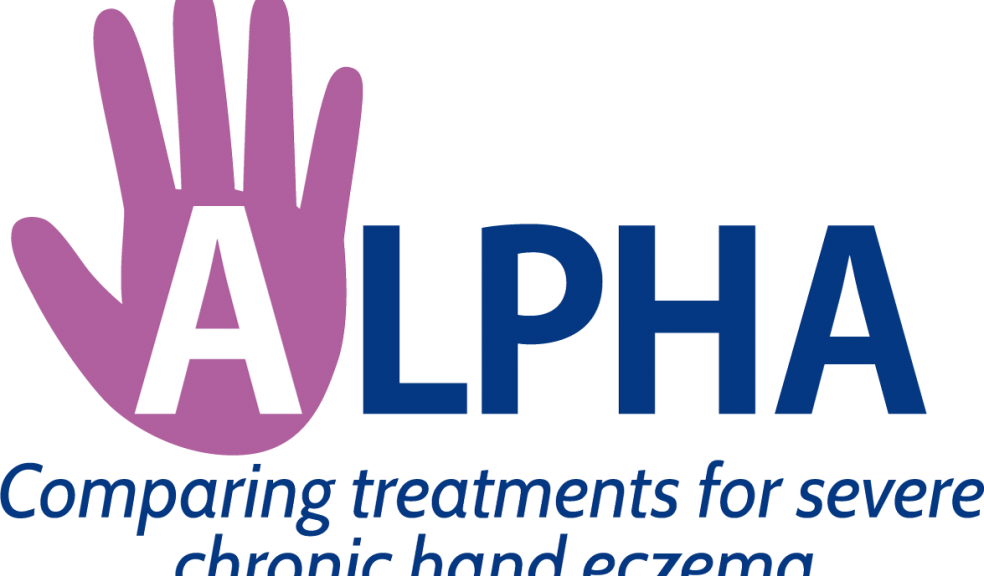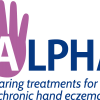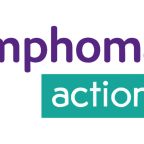
Do you suffer from severe hand eczema?
Our hands are in constant use and yet we often don’t realise how much we rely on them for daily functioning. Hand eczema is extremely common, with up to 6 million people affected at any one time, and for these people that daily functioning is significantly harder. The condition has a significant impact on their work and social life, being one of the most frequent work-related diseases and often resulting in sick leave and lost productivity.
Severe hand eczema can present itself as red, itchy and dry skin with the skin cracking and/or bleeding, as well as the development of painful blisters. It can prevent those with the condition from carrying out seemingly ordinary day-to-day tasks like writing, dressing themselves, washing up and cooking as well as itchy, sore hands making it very difficult to sleep.
Currently, there is little evidence to say which treatment used by doctors in standard NHS practice is best for treating different types of hand eczema. The University of Leeds is working with 26 NHS hospitals across the UK to find this out, in terms of both how good the hands heal with each treatment and how long the skin can remain clear once healed.
The ALPHA trial is comparing two treatments most commonly used in NHS practice, Alitretinoin and PUVA, in the hope that results from the study will improve the management and treatment of severe hand eczema. Alitretinoin is a tablet treatment and PUVA involves exposing the hands to UV after being soaked in Meladinine.
ALPHA patients must be over the age of 18 and the eczema must affect their hands but not large parts of the rest of their body. The hand eczema must be severe, meaning that it cannot have responded to steroid creams used for at least 4 weeks, and is so bad that daily tasks are difficult to perform.
The Royal Devon and Exeter Hospital is currently recruiting volunteers. If you’d like to find out whether you may be suitable to take part, please take a look at our website: https://ctru.leeds.ac.uk/alpha/. You can also keep up with the trial on Twitter: @LICTR_Alpha




















